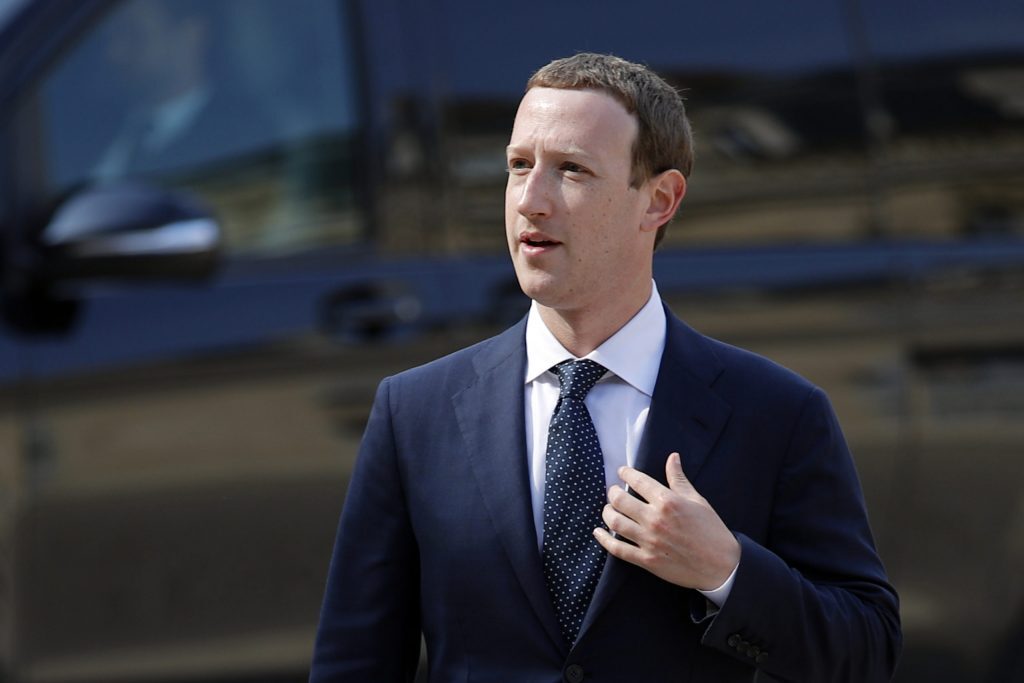We’ve gotten used to Facebook being rather terrible at anything that includes protecting user privacy, being transparent about … most things, or keeping its promises. So we could be forgiven for being skeptical of Mark Zuckerburg’s newest message to the internet, which claims that Facebook is looking towards a “privacy-focused” future for the social network.
Zuckerburg’s 3,200-word missive (available here) is filled with some remarkable claims, perhaps the most mind-bending of which is that Facebook would be willing to create a new “…simpler platform that’s focused on privacy first.” That doesn’t sound like the Facebook that we know and tolerate on a daily basis.
No, doubt
Zuckerburg claims that he (and, by extension, Facebook) is looking to create a platform that revolves around private, secure interactions and the content shared is impermanent in nature. A platform that is safe for its users, where each app can speak to others, and where data is securely stored.

The post makes it clear that incoming changes will be the result of integration between Facebook, WhatsApp, and Instagram, an event we’re already less than thrilled about. Part of the change the Zuck envisions, is using Messenger and WhatsApp as a method to post to Facebook. As if changing the delivery method to Facebook’s open sharing model will make us feel better about using it. For some users, it might. For others, the idea that anything shared with one platform is shared to all of them runs counter to what Zuckerburg claims to want to achieve.
Implementation of end-to-end encryption for all the platforms is an idea we can get behind, but even this is something that we’re uncertain about. Having access to our information is how Facebook makes its money and we don’t see them throwing that access away.
Likewise with having content posted to a Facebook-managed service and expire over time — we wish we could believe that this would lead to the service actually getting rid of info when they say they will. Historically, Facebook has hung on to everything it possibly can for as long as it can. Here, seeing is believing.
Overall it’s a nice collection of ideas, but we’re not convinced Facebook can execute this vision. What isn’t mentioned is how the company plans to continue operations in the face of these changes. How will Facebook make its money? Will outside sources still be able to fish in the river of data that Facebook users constantly create or will those sources have to make do with limited access? Once those questions are answered (and then seen in action), we might change our minds.
Really really?

Zuckerburg acknowledges that we might not be on board, saying “I understand that many people don’t think Facebook can or would even want to build this kind of privacy-focused platform — because frankly we don’t currently have a strong reputation for building privacy protective services, and we’ve historically focused on tools for more open sharing.” At least he knows we’re going to be skeptical.
If you have the time, the entire 3,200-word post (linked below) is worth a read. Zuckerburg closes the note by saying “I believe we should be working towards a world where people can speak privately and live freely knowing that their information will only be seen by who they want to see it and won’t all stick around forever.”
And we believe the same thing. We just doubt that Facebook is the platform to deliver it. Sorry Mark, we’ll believe it when we see it.
Source: Mark Zuckerburg (Facebook)




